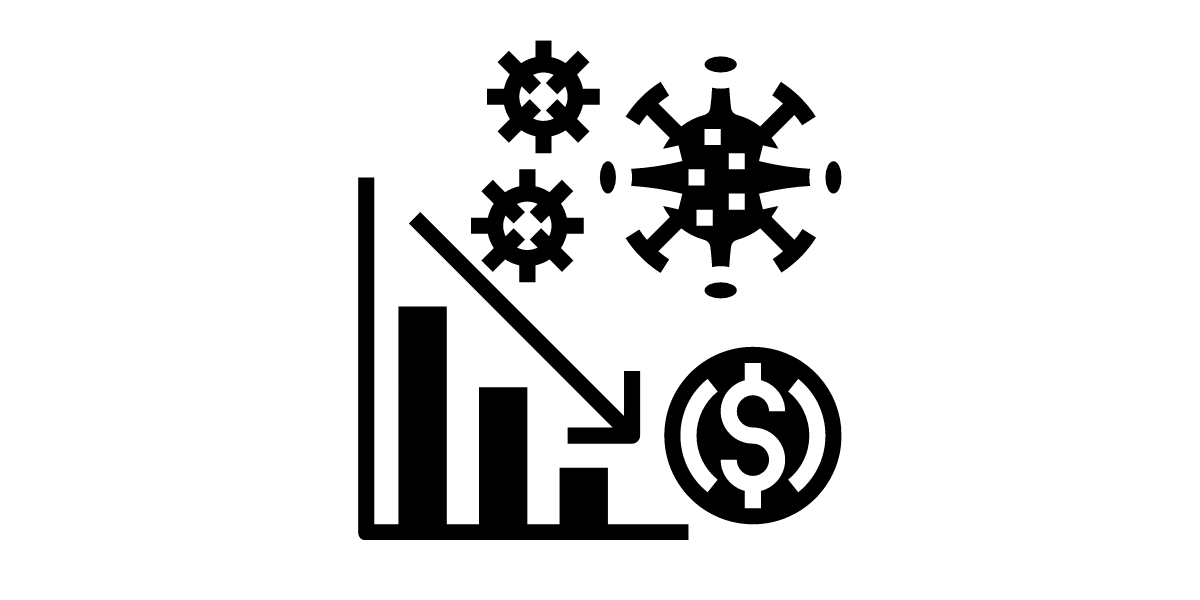
Stock market effects of the coronavirus are immense. It is shaking stock markets. The Dow Jones Industrial Average (DJIA), which lost 12%, or more than 3000 points, over five days from February 24-28, was the most significant 5-day drop since before the Great Recession. On February 27, the DJIA suffered its most significant single-day drop of 1191 points.
China plays a significant role in supply chains for companies. Analysts fear that China’s supply chain will be disrupted by Chinese firms, which could lead to a decline in the results of companies such as Walmart and Apple. Panic is caused by fear of the unknown. The stock markets are afraid of uncertainty. This virus is also known as the “Fear of the Unknown.” When will there be a vaccine for it? How will countries manage it?
Coronavirus’ Stock Market Impact Could Last
It is impossible to predict how long the coronavirus will have an impact on stock markets. However, history has shown that stock markets tend to overreact and then maintain their upward momentum. People are reacting too quickly to the fear caused by the rapid spread of the virus. It is essential to take a step back and not rush for the exit.
Markets have recovered quickly from previous viral outbreaks. Is the stock market’s coronavirus impact likely to cause a capital loss? Market changes do nothing. If you sell below the market price, you lose money. Insufficient inventory can cause a decline in results for some firms in short to medium term. Others will benefit. We don’t know how severe the virus is, but we can see that the market has responded in the past. This means caution is critical.
Do you consider yourself a value investor? Are there targeted companies in your portfolio that you are interested in investing in? If there are any changes in the intrinsic value of the firm, you should review your goals and stick with them. Are you speculating or looking for quick cash with a margin account. You will face a problem if you do. Banks will call your margin. This is the inherent risk of using a margin account for speculation.
You could now be a value investor and not a speculator. There will be many. No matter who you are, be careful, resist the herd mentality and think about these things:
Keep it going
Before you adjust your portfolio, review or create an investment goal. What are you looking to invest in and why? Your investment strategy will be determined by your reason. Blue-chip equities that have a history of increasing dividends are my preferred strategy. These shares are held by me. I review the fundamentals of these shares from time to time and take action when there is a change.
Today, you will find value stocks. You have the opportunity to purchase solid companies with a track record and market fluctuations. You can lose or gain only when the market fluctuates.
If your investments’ intrinsic values change, confirm your strategy and sell your holdings. Don’t try to time the market recovery. The market may be in decline for many years, just like the Tokyo Stock Market, which was below its peak for more than two decades.
Don’t let generic asset mixes influence your asset allotment between stocks, bonds, cash, commodities. Your blend should be unique to you and your life stage. Don’t rush to invest in safe-haven commodities like gold, which has no intrinsic value.
You should avoid the stock markets if you are in the red retirement zone, which is anywhere from five to seven years away.
Do not panic. Focus on your long-term goals, strategy, and plan. These should be updated and adjusted to meet your risks and needs.
This, too, will pass. However, God knows the timing.
